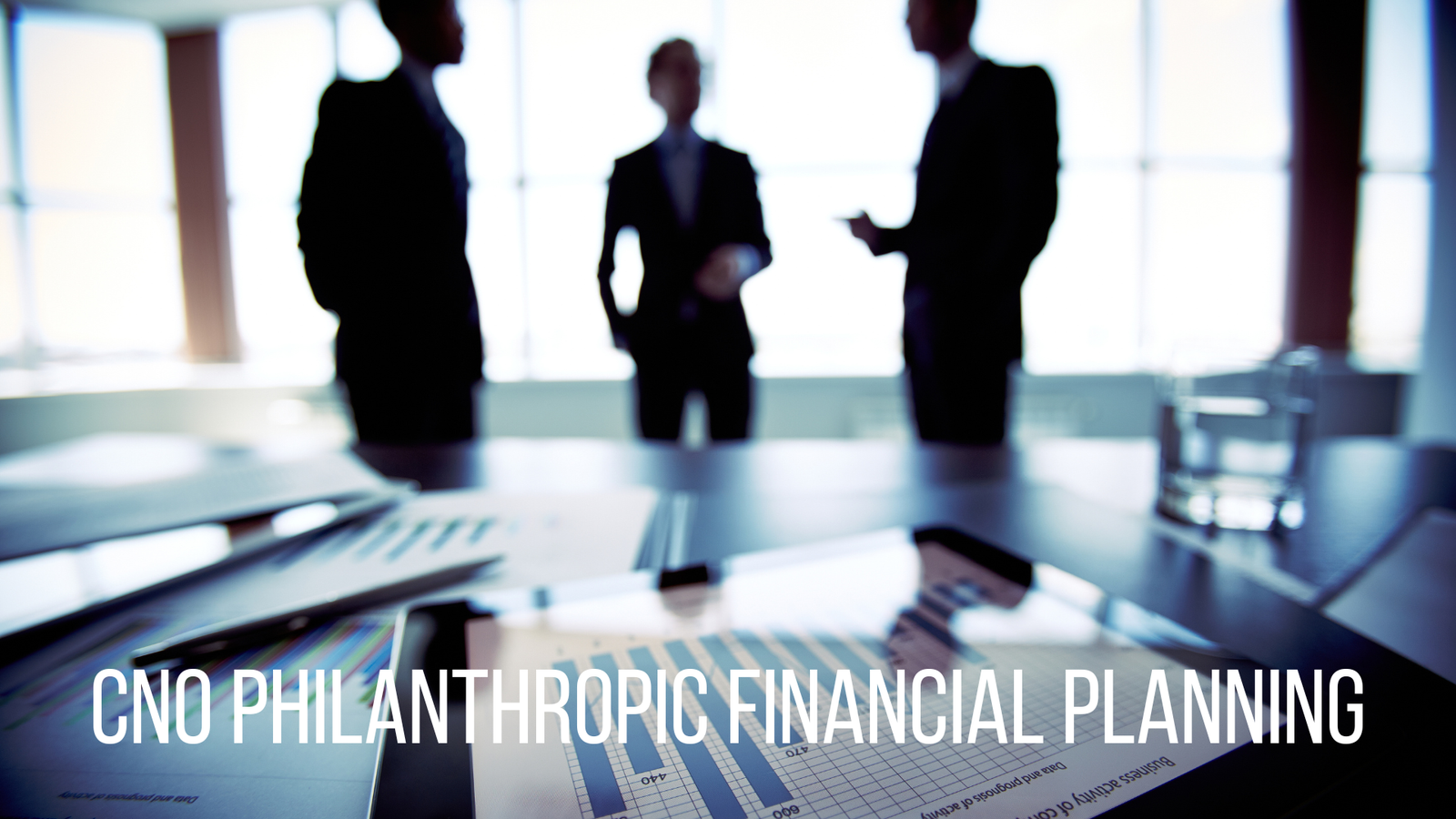Philanthropic financial planning with CNO Financial Group offers a pathway for individuals and organizations to align personal and financial goals with charitable ambitions, creating lasting, meaningful social contributions. By carefully integrating strategic financial tools with philanthropy, CNO philanthropic planning enables clients to make a difference in their communities while maintaining financial stability.
Understanding CNO Philanthropic Financial Planning
CNO philanthropic financial planning is designed to help clients support charitable causes without compromising personal or organizational financial health. Through a range of financial tools, CNO assists clients in creating a balanced approach that includes setting up donation accounts, leveraging tax benefits, and incorporating long-term charitable planning. For example, clients can use donor-advised funds (DAFs) and charitable trusts to manage charitable contributions over time while benefiting from tax deductions on immediate contributions, thus supporting flexibility in donation timing and allocation. This approach not only maximizes charitable impact but also strengthens personal and organizational financial stability.
Key Components of CNO Philanthropic Financial Planning
- Setting Clear Charitable Goals
Effective philanthropic planning starts by identifying charitable goals that reflect the values and causes important to the individual or organization. Whether supporting healthcare, education, or environmental initiatives, establishing clear objectives creates a focus for giving. Setting a targeted philanthropic mission enables donors to channel resources into specific areas, making the impact of contributions more meaningful and effective. - Evaluating Financial Resources and Tax Implications
A critical aspect of philanthropic financial planning is assessing available financial resources and understanding the tax implications. CNO’s approach includes assessing income, savings, and long-term financial goals to determine sustainable donation levels. Donations to qualifying organizations can reduce taxable income, and donations of assets, like appreciated securities, can bring additional tax benefits. By planning with tax efficiency in mind, clients can maximize both their charitable contributions and personal financial benefits, making giving a sustainable part of their overall financial strategy. - Choosing the Right Donation Strategy
There are various strategies for structuring charitable contributions, each catering to different financial situations and charitable intentions. Options include:- Direct Donations: Simple and direct, these allow donors to give to specific charities as one-time or recurring gifts.
- Donor-Advised Funds (DAFs): These enable donors to contribute to a dedicated charitable account, receive an immediate tax deduction, and direct funds to specific charities over time.
- Charitable Trusts: Options like Charitable Remainder Trusts (CRTs) and Charitable Lead Trusts (CLTs) offer flexibility by providing either ongoing income to donors or a stable financial support stream for charitable causes.
Long-term Philanthropic and Financial Stability
Balancing philanthropic contributions with long-term financial planning is fundamental to CNO’s strategy. By maintaining a well-rounded financial plan, clients can fulfill their charitable goals without sacrificing future financial security. A significant focus within CNO’s planning model is the creation of endowment funds. These funds enable donors to make larger contributions over time, generating interest that sustains charitable organizations indefinitely. For example, an endowment fund for a local healthcare charity can provide continuous support for essential services, funded by interest rather than one-time donations.
Philanthropic Planning Tools and Resources
Effective philanthropic financial planning leverages various tools and resources:
- Tax Software: Tools like TurboTax help identify tax-eligible contributions and ensure accurate reporting.
- Charitable Giving Platforms: Online resources such as Network for Good and Donorbox offer intuitive giving interfaces and comprehensive information on different nonprofits, assisting donors in making informed decisions.
- Professional Financial Advisors: CNO’s advisors specialize in tax-efficient strategies and assist clients in aligning their giving with their long-term financial stability, creating sustainable philanthropic plans.
Case Studies: Real-world Applications of CNO Philanthropic Financial Planning
Numerous success stories showcase the positive impacts of CNO’s philanthropic planning. For instance, a community foundation employed CNO’s approach to set up a structured giving program that funded educational scholarships for underprivileged youth. Similarly, a tech entrepreneur utilized a donor-advised fund to make targeted donations to local nonprofits, supporting infrastructure projects and promoting job training programs. This thoughtful approach not only created immediate impact but also allowed these projects to thrive independently over time.
The Role of Financial Advisors in Philanthropic Planning
CNO’s financial advisors offer vital support throughout the philanthropic planning process. Their expertise includes understanding and navigating tax benefits, helping clients create sustainable donation strategies, and offering ongoing plan adjustments to ensure alignment with financial and philanthropic objectives. This personalized approach ensures that clients achieve maximum charitable impact without compromising their financial stability, even as their philanthropic goals and financial circumstances evolve.
Conclusion: Achieving Meaningful Giving through CNO Philanthropic Financial Planning
CNO philanthropic financial planning provides individuals and organizations with a unique framework to manage charitable giving in a way that aligns with both financial and social aspirations. By combining strategic financial planning with a commitment to meaningful giving, CNO clients can make a lasting, positive impact on the world while securing their financial future. Whether through tax-efficient strategies, charitable trusts, or donor-advised funds, CNO’s philanthropic planning model is designed to empower clients, fostering a culture of giving that transcends generations. Through careful planning and effective resource management, clients can create a legacy of support for the causes they care about most.
This holistic, well-structured approach serves as a powerful reminder that thoughtful philanthropy, supported by sound financial planning, can transform communities and drive meaningful social change.

